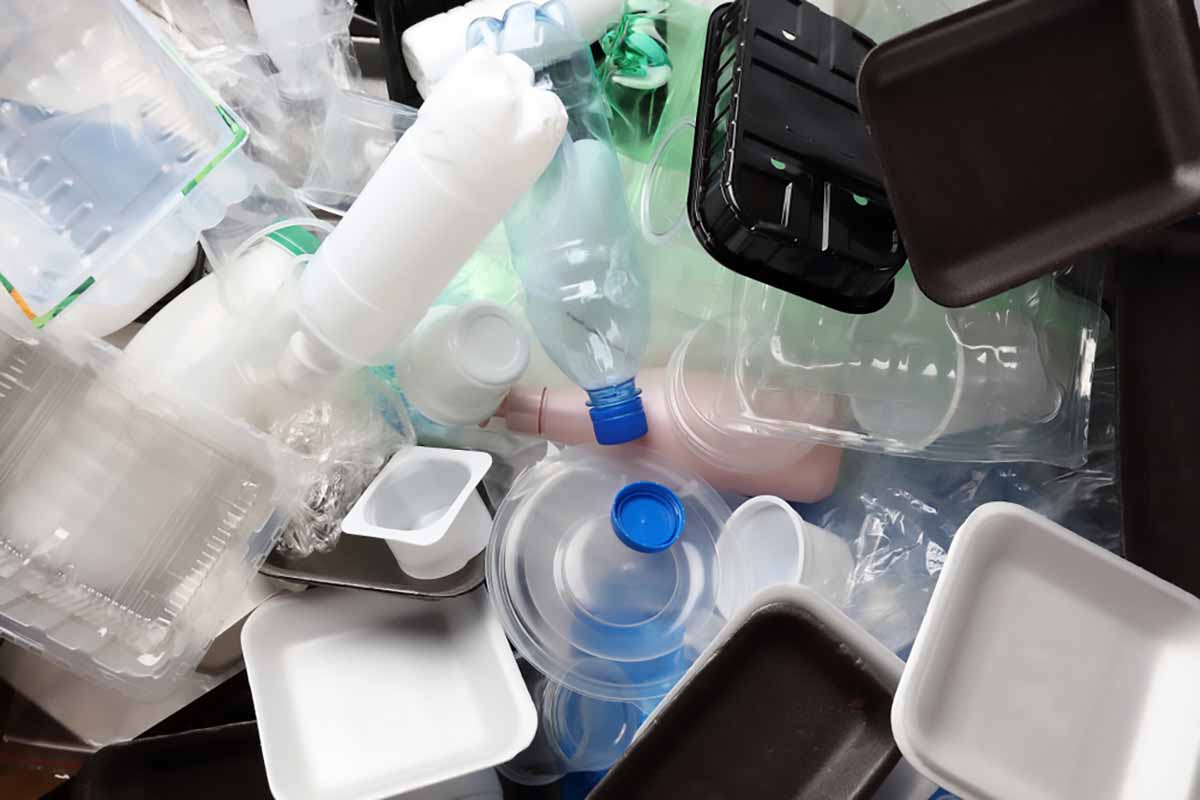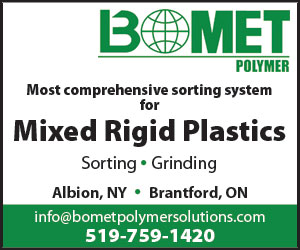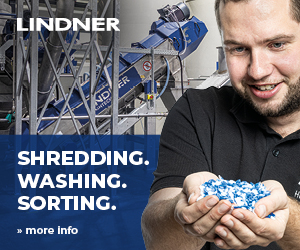
The U.S. Plastics Pact has identified several important takeaways for the coming years after a workshop at the Plastics Recycling Conference. | Marina Onokhina/Shutterstock
Creating a circular economy for plastics, specifically plastics packaging, is attainable through market-based commitment and policy. Stakeholders across the value chain know what must happen in order to build a robust circular economy, although knowing what to do isn’t necessarily the challenge – the challenge is common acceptance of a circular economy vision and taking the necessary actions (proactively!) to get there.

Emily Tipaldo
Colleagues from across the industry met during the U.S. Plastics Pact’s workshop at the 2022 Plastics Recycling Conference for a series of presentations describing the current plastic recycling challenges, and then they participated in small breakout groups to discuss their views on how to take plastics recycling to the next level. The discussion reiterated that the U.S. Plastics Pact is an important mechanism to help companies make meaningful contributions.
Here are the major takeaways from the conference which will help inform the U.S. Plastics Pact’s work over the next several years:
- Harmony: A common understanding is needed. Work must be done to standardize definitions, design parameters and materials used, what’s accepted for recycling and composting, and specifications for post-consumer resin (PCR).
- Reuse: The plastics crisis will not be solved by recycling alone. The U.S. must scale reuse and make it an everyday part of our ecosystem. We must leverage existing infrastructure with enough locations and proximity to all demographics and promote different format types to garner affordability and accessibility of refill and reuse schemes. Consumers need to be eased in with more common products and existing logistics supply chains should be leveraged to ensure convenience.
- Policy: In order to create a circular economy for plastics, consistent national policy, including extended producer responsibility, deposit return systems and PCR mandates, are needed.
- PCR: Curbside acceptance must increase, packaging must be simplified and infrastructure support made available to ensure recyclability. Plastic production should be separated from the energy sector and virgin subsidies used to stabilize volatile markets.
- Procurement: A toolkit is needed with consistent specifications, demand expectations and known targets so a pricing index may follow.
- Consumer education: We must use clear and simple communication addressing the public to change behavior and help increase the volume and quality of plastics collected for recycling. Improving on-pack labeling is essential and is the tip of the iceberg.
It was exciting to see that even though the majority of the 400-plus workshop participants were not U.S. Pact Activators, the opportunities identified during the session were aligned with the work the U.S. Pact is doing. We are guided by a strong vision and strategy, called the Roadmap to 2025, built by our members. We are delivering common definitions and guidance. The workshop findings serve as further confirmation that we need to press on and press hard to assist companies making decisions outside of their comfort zones in order to work toward aggressive sustainability goals. For a look at what actions U.S. Pact Activators (members) are taking, review the in-depth 2020 Baseline Report, released in conjunction with the Plastics Recycling Conference.
The U.S. Pact’s foundation is solid. We are taking action to make market changes and influence policy to meet aggressive goals. We are not waiting. And if you would like to have the support from over 100 like-minded organizations in closing the loop on plastics, we hope you will join us! Contact [email protected] to schedule a one-on-one and learn more.
Emily Tipaldo is executive director of the U.S. Plastics Pact.
The views and opinions expressed are those of the author and do not imply endorsement by Resource Recycling, Inc. If you have a subject you wish to cover in an op-ed, please send a short proposal to [email protected] for consideration.



